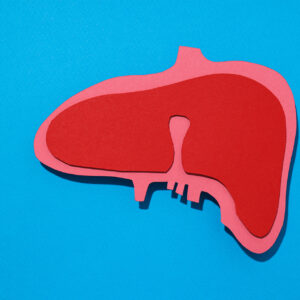“Free Thyroid Hormones.” If so, this likely pertains to free thyroxine (FT4) and free triiodothyronine (FT3), which are measurements of thyroid hormones circulating in the bloodstream that are not bound to proteins.
Here’s a description of free thyroid hormones and their significance:
- Free Thyroxine (FT4): Thyroxine, also known as T4, is the main hormone produced by the thyroid gland. Most of the T4 in the bloodstream is bound to proteins, primarily thyroxine-binding globulin (TBG), but a small fraction circulates freely. Free thyroxine (FT4) represents the unbound, biologically active form of T4. It plays a crucial role in regulating metabolism, energy production, growth, and development. Measuring FT4 levels helps assess thyroid function and diagnose conditions such as hyperthyroidism (elevated levels) or hypothyroidism (low levels).
- Free Triiodothyronine (FT3): Triiodothyronine, also known as T3, is a more biologically active thyroid hormone than T4. Like T4, most T3 in the bloodstream is bound to proteins, but a small fraction is free. Free triiodothyronine (FT3) represents the unbound, active form of T3. It plays a crucial role in regulating metabolism, body temperature, heart rate, and other physiological processes. Measuring FT3 levels helps assess thyroid function and diagnose conditions such as hyperthyroidism (elevated levels) or hypothyroidism (low levels).
- Significance of Free Thyroid Hormones: Free thyroid hormones (FT4 and FT3) provide a more accurate reflection of thyroid function than total thyroid hormone levels because they are not influenced by changes in protein-binding capacity. Measuring free thyroid hormones is particularly useful in situations where alterations in protein-binding capacity may affect total hormone levels, such as during pregnancy, certain medications, or in the presence of thyroid disorders.
- Thyroid Function Tests: Free thyroxine (FT4) and free triiodothyronine (FT3) are typically measured alongside other thyroid function tests, such as thyroid-stimulating hormone (TSH), to assess overall thyroid health comprehensively. Abnormalities in free thyroid hormone levels may indicate thyroid dysfunction, which may require further evaluation and management by a healthcare provider.
Overall, free thyroid hormones (FT4 and FT3) are essential markers of thyroid function, providing valuable information about metabolic activity and thyroid health. Monitoring these hormones helps diagnose thyroid disorders and guide treatment decisions to optimize thyroid function and overall well-being.






Reviews
There are no reviews yet.